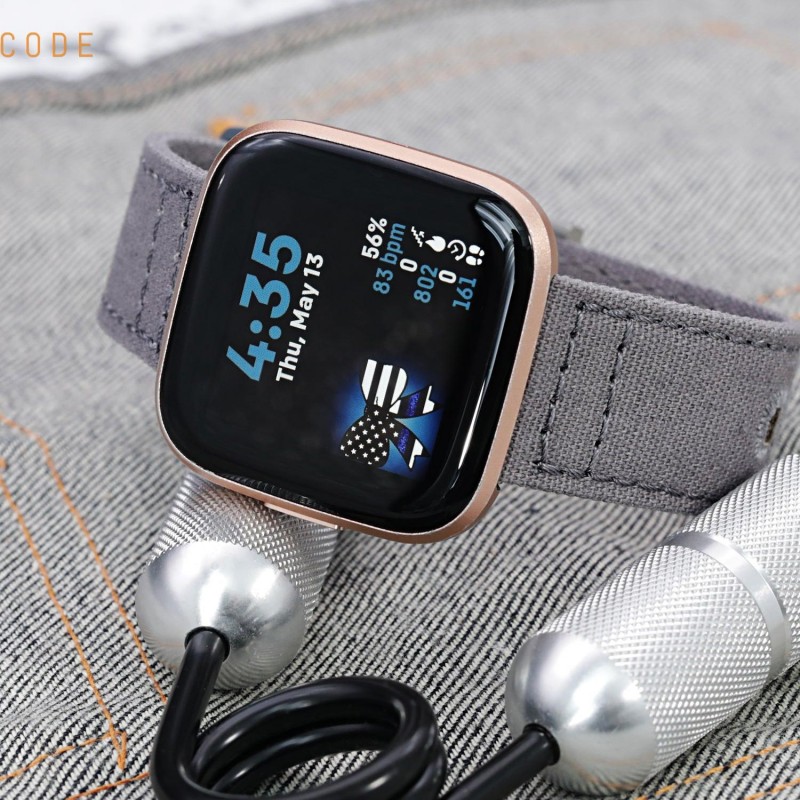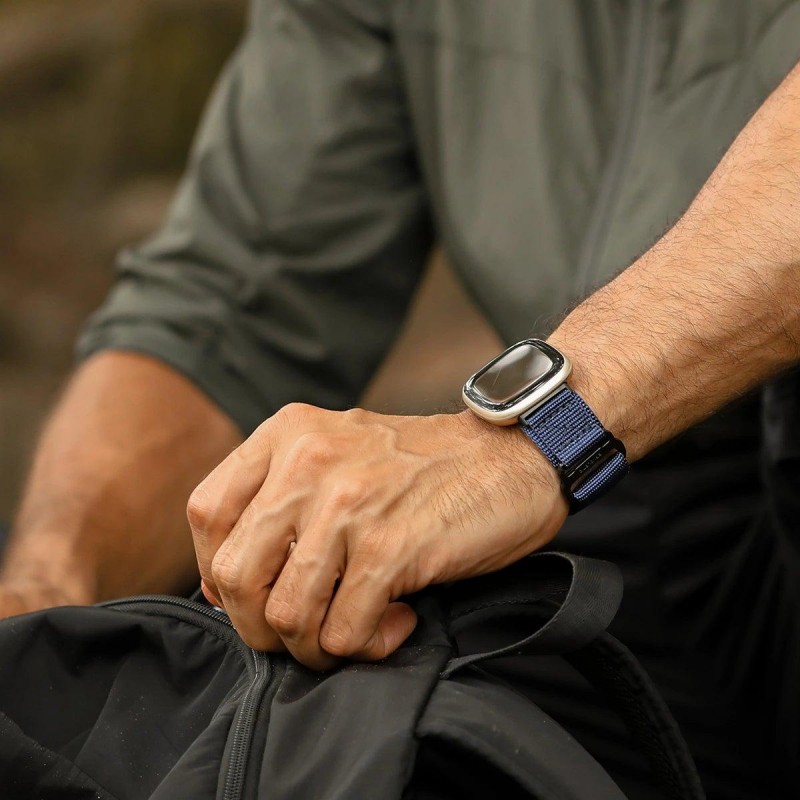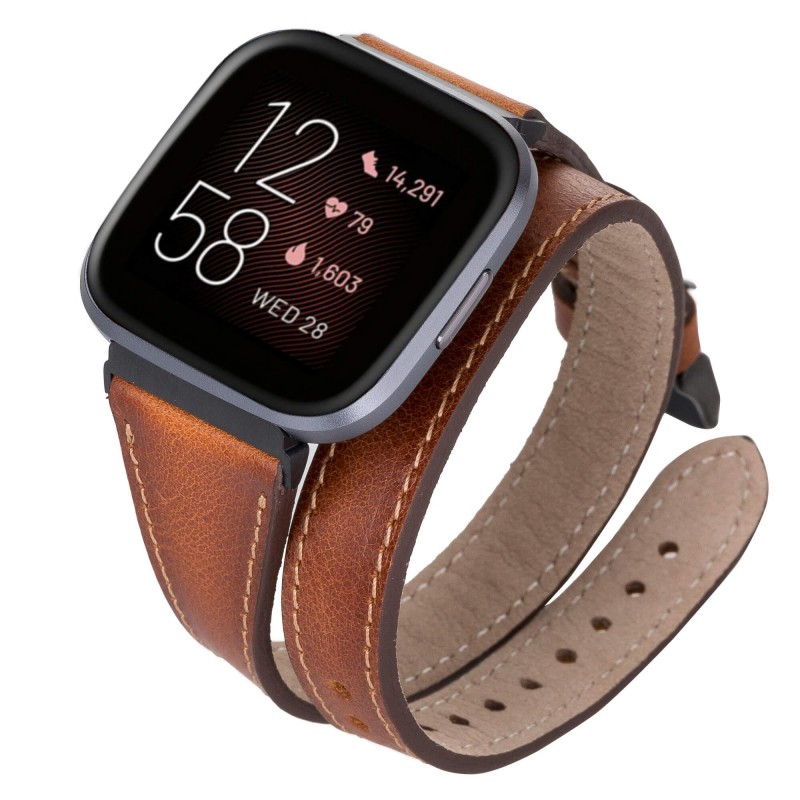In recent years, the importance of health monitoring has surged, and many people are turning to technology to guide their wellness journeys. Fitness trackers have become an invaluable resource for anyone seeking to take charge of their fitness and overall health. When searching for the best fitness tracker for health monitoring, look for advanced features that go beyond basic step counting. Today’s fitness trackers offer detailed insights into heart rate, sleep patterns, activity levels, and even oxygen saturation levels. By providing data about your daily habits and health metrics, these devices empower you to make informed lifestyle choices. In this comprehensive guide, we will explore the top fitness trackers available for health monitoring, discuss their features and benefits, compare different brands, and provide tips for choosing the right one that fits your lifestyle.
The Importance of Health Monitoring
Understanding the significance of health monitoring through fitness trackers highlights their growing role in personal wellness. Monitoring your health allows you to catch potential medical issues early, track progress, and set fitness goals. Here’s a closer look at why health monitoring is so essential:
1. Early Detection of Health Issues
With features such as heart rate monitoring and sleep tracking, fitness trackers can help detect irregular patterns or changes in your health. By keeping an eye on these metrics, you may identify potential problems before they escalate.
2. Goal Setting and Tracking Progress
Fitness trackers motivate users to set and achieve health goals. Whether you aim to lose weight, increase physical activity, or improve sleep quality, these devices provide the data and feedback needed to track your progress over time.
3. Enhanced Motivation
Many fitness trackers come with gamification features, encouraging users to stay active and stick to their routines. Competitions with friends or earning badges for achievements create a fun, motivating experience.
4. Personalized Insights
Fitness trackers offer personalized insights through data collection, allowing you to understand what works best for your body. This information aids in developing tailored fitness and wellness plans based on your unique health metrics.
Features to Look For in a Fitness Tracker
When searching for the best fitness tracker for health monitoring, consider several essential features that will enhance your health and wellness journey. Evaluating these features will help you find a device that meets your specific needs.
1. Heart Rate Monitoring
Continuous heart rate monitoring provides real-time insights into your cardiovascular health. This feature helps users understand how their heart responds to physical activity and rest.
2. Sleep Tracking
Quality sleep is crucial for overall health. Trackers equipped with sleep tracking functionalities offer insights into sleep duration, quality, and cycles, enabling users to adjust their habits for better rest.
3. Activity Tracking
A good fitness tracker should accurately monitor daily activities, including steps taken, calories burned, and other exercises. This feature helps users remain accountable and active throughout the day.
If you enjoy outdoor activities, look for fitness trackers that include GPS capabilities. These devices can track distance and route, making them ideal for running, cycling, or hiking.
5. Water Resistance
For those who enjoy swimming or exercising in various weather conditions, choosing a water-resistant fitness tracker is essential. This feature ensures your device remains functional even in wet environments.
6. Smartphone Integration
Integration with smartphones enhances the overall experience, allowing users to receive notifications, control music, and access health data through dedicated apps. This connectivity streamlines your ability to stay organized and engaged.
7. Battery Life
A fitness tracker should have sufficient battery life to avoid frequent charging interruptions. Look for devices that can last several days on a single charge, especially if you rely on continuous monitoring.
Top Fitness Trackers for Health Monitoring
Now that we understand the essential features of fitness trackers, let’s explore some of the best fitness trackers currently available for health monitoring. We’ll evaluate their specifications, pros and cons, and suitable user types.
1. Fitbit Charge 5
Fitbit Charge 5 leads the market with its comprehensive health monitoring features, including heart rate tracking, sleep analysis, and stress management tools.
Pros
- Advanced health metrics including ECG
- Built-in GPS for outdoor activities
- Long battery life of up to 7 days
Cons
- Some features require a premium subscription
- Screen may be smaller for some users
Fitbit Charge 5 is ideal for fitness enthusiasts looking for detailed insights into their health metrics.
2. Garmin Vivosmart 4
Garmin Vivosmart 4 is the slimmest fitness tracker in the Garmin lineup and packs a punch with essential health monitoring features.
Pros
- Sleek design, perfect for everyday wear
- Stress tracking and relaxation reminders
- Body battery feature monitors energy levels
Cons
- No built-in GPS
- Limited functionality for serious athletes
Garmin Vivosmart 4 is suitable for users seeking a stylish tracker with solid health monitoring while maintaining a low profile.
3. Apple Watch Series 7
The Apple Watch Series 7 combines elegance with advanced fitness tracking capabilities, making it one of the leading smartwatches for health monitoring.
Pros
- ECG and blood oxygen monitoring
- Extensive app ecosystem including fitness apps
- Seamless integration with iOS devices
Cons
- Price point may be high for some users
- Battery life is shorter, averaging 18 hours
For iOS users, the Apple Watch Series 7 is an excellent choice for functionality and health monitoring.
4. Xiaomi Mi Band 6
The Xiaomi Mi Band 6 offers a budget-friendly option without sacrificing essential health features.
Pros
- Affordable price point
- Comprehensive fitness tracking options
- Strong battery life of up to 14 days
Cons
- Limited smartwatch features
- Lacks built-in GPS
The Xiaomi Mi Band 6 is a great option for beginners seeking solid fitness monitoring at an accessible price.
5. WHOOP Strap 3.0
The WHOOP Strap 3.0 focuses on recovery and performance, appealing to serious athletes and health-conscious individuals.
Pros
- Detailed strain and recovery analytics
- Membership model offers personalized coaching
- No screen distractions; focuses on health metrics
Cons
- Requires a subscription for full functionality
- May not be ideal for casual users
WHOOP Strap 3.0 is best suited for dedicated athletes wanting to optimize their performance and recovery.
6. Samsung Galaxy Fit 2
The Samsung Galaxy Fit 2 provides a combination of fitness tracking capabilities and smartwatch functionality at an affordable price.
Pros
- Excellent battery life of up to 15 days
- Affordable price point with essential features
- AMOLED display for vibrant visuals
Cons
- No built-in GPS
- Limited app integration compared to smartwatches
Samsung Galaxy Fit 2 appeals to value-conscious consumers looking for a reliable fitness tracker.
Tips for Maximizing Your Fitness Tracker
After selecting the best fitness tracker for health monitoring, consider these tips to maximize its use and ensure you get the most out of your investment:
1. Set Up Notifications
Enable notifications for calls, messages, and apps on your fitness tracker. Staying connected while working out can enhance your overall experience.
2. Personalize Settings
Take advantage of the customizable settings available on most fitness trackers. Adjust your goals, reminders, and health targets to align with your specific fitness journey.
3. Regularly Sync Data
Regularly syncing your fitness tracker with its companion app helps you track progress conveniently. Use this data to analyze trends and adjust your health goals as necessary.
4. Engage in Challenges
Many fitness tracking apps offer the option to join challenges with friends or family. Engaging in these competitions can keep you motivated and accountable.
5. Experiment with Features
Explore all features your fitness tracker has to offer. From sleep tracking to stress management options, using various functions can help you understand your body better and enhance your overall well-being.
6. Customize Metrics
Depending on your fitness journey and goals, customize your dashboard by selecting the metrics that matter most to you. Whether it’s heart rate, calories burned, or steps taken, personalized monitoring can enhance focus.
Addressing Common Concerns
While fitness trackers provide a host of health monitoring capabilities, several common concerns arise. Addressing these issues ensures you use the device effectively.
1. Accuracy of Data
Users often question how accurate the heart rate monitoring or calorie tracking features are in fitness trackers. While most fitness trackers provide reasonably accurate data, it’s important to keep in mind that no device is perfect. Regular calibration and understanding individual variances can lead to improved accuracy.
2. Battery Life
Battery life can vary significantly between different devices. If your fitness tracker experiences low battery life, consider adjusting its settings—reducing notification frequency or lighting intensity, for example—to prolong usage between charges.
3. Comfort and Wearability
Ensuring your fitness tracker feels comfortable is crucial for regular use. Choosing a model with adjustable bands or lighter materials can contribute to a more enjoyable experience. Regularly clean your device to maintain comfort, especially if you wear it during workouts.
4. Device Compatibility
Make sure the fitness tracker you choose is compatible with your smartphone’s operating system. Some apps may only be available for iOS or Android, so check compatibility before making a purchase.
Conclusion
Choosing the best fitness tracker for health monitoring significantly contributes to your overall well-being and fitness journey. With a wide range of options available, understanding your specific needs and preferences can help you find a device that best serves you. By considering essential features such as heart rate monitoring, sleep tracking, and smartphone integration, you can maximize the benefits of your fitness tracker.
Additionally, establishing goals, leveraging app features, and engaging with challenges can enhance motivation and accountability. Maintain awareness of potential challenges associated with their accuracy, functionality, and wearable comfort. Ultimately, investing in a fitness tracker tailored to your lifestyle may result in improved health, fitness achievements, and a deeper understanding of your body.
With the right knowledge and tools at your disposal, you can embark on a rewarding wellness journey, confident in your ability to monitor your health effectively and achieve your goals.